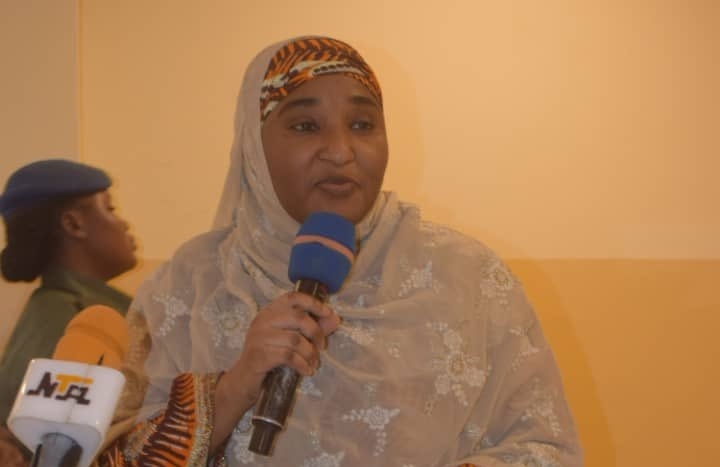Following the unveiling of a new revised basic and senior secondary education curriculum by the federal government, some stakeholders have drawn attention to the challenges that may hinder its immediate implementation.
The reforms, done by the Federal Ministry of Education under its National Education Sector Reform Initiatives (NESRI), are designed to reduce overload and ensure positive learning outcomes for pupils across the country.
The Executive Secretary, Nigerian Educational Research and Development Council (NERDC), Prof. Salisu Shehu, said the implementation will begin at the start of each three-year education circle (Primary 1, Primary 4, JSS1, and SS1).
However, findings by The Guardian revealed that despite the government’s best intentions, practical challenges exist, which may delay the immediate implementation of the new curriculum in schools across the country.
Speaking on these challenges, Administrative Manager and Public Relations Officer, Jextoban Secondary School, Lagos and Ogun States, Dr Solesi Abayomi, said presently, no school has been provided with the official syllabus, let alone the structured schemes of work required for daily teaching.
Abayomi also lamented the absence of adequately trained teachers or facilitators to handle the specified subject areas, noting that these are critical gaps that should have been addressed before the policy was made public.
“In my estimation, it will take a minimum of two academic sessions before the government can realistically attempt implementation. Beyond this, essential workbooks and textbooks—needed to harmonise the content across schools—are yet to be developed, approved, or distributed by the Ministry of Education.
“For schools like ours, effective adoption of the new curriculum would require not only the recruitment of qualified personnel, but also their proper training to meet the demands of the system.
Until these vital steps are taken, the curriculum remains more of an announcement than a practical reality,” he noted.
Director, Starfield College, Mr Chris Egbe, said while the new curriculum promises to move the country’s education system towards the goal of creativity, entrepreneurship and high productivity, the hasty implementation of the programme without considering the state of infrastructure essential to support and make the curriculum successful calls for concern.
He said: “In a country where Internet facilities are not stable and available, how many schools will, in the short term, have the funds to install essential facilities for the study of computer-based programmes?”
Egbe also drew attention to, in the short term, the availability of qualified teachers.
“Presently, there is a dearth of teachers for technical subjects in the country. So, rather than a hasty implementation, the federal government should learn from the case of basic technology, which, though a good idea for students’ skill development, failed because of a lack of equipment and trained teachers to implement the programme.
“While we have a future curriculum that is desirable, not giving time for schools to plan and access funding may jeopardise the programme totally.
“How many teachers are available in the market for AI, coding, and cybersecurity that can serve the number of schools nationwide?
“In our school, before the government adoption of the new curriculum, we have been gradually exposing our students to digital technology, coding and robotics, so transitioning in this area is possible and can be perfected within the next year. Our limitation for immediate success is in the area of inconsistent internet availability. The Internet from most providers is not stable. Another is power, which is needed for running equipment. The high cost of diesel has made generator usage an undesirable alternative.
Supply of trained teachers in the field of digital technology and other hands-on courses like tailoring, fashion design and cosmetology will make transitioning very challenging,” he said.
The director urged the education ministry not to rush the implementation process, saying most schools are not ready for the switch.






